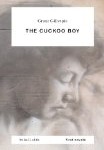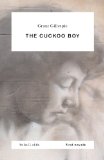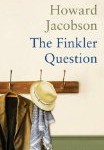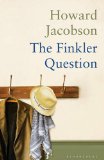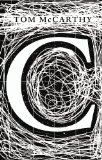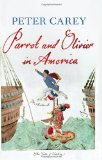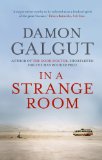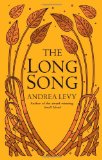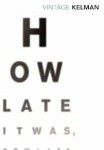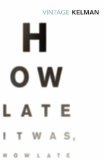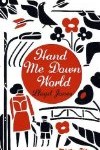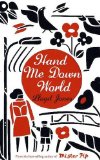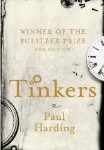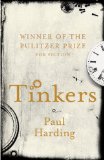The Cuckoo Boy was recently short listed for the Not the Booker Prize, but it appealed to me from the moment I first heard about it.
The book is about a boy who was adopted at birth. His twin brother is said to have died, but we know next to nothing about his birth family or the reasons for his adoption.
James’ new mother is Sandra. She struggles to cope with him and as he grows he becomes increasingly difficult. As soon as James can talk he tells everyone about his friend, David; the only problem is that no-one else can see this imaginary friend. The two boys collude to commit increasingly evil acts, but there is always a reason for their actions and so the reader is left wondering whether the children are evil or just unlucky.
This book reminded me of The Fifth Child, but it also had elements of We Need to Talk About Kevin, and classic Gothic ghost stories. I loved the way in which we never knew whether David was the ghost of James’ twin brother or just a figment of James’ imagination. Many episodes of the book were quite chilling and so this is the perfect book for Halloween.
I’m always fascinated by books which explore motherhood. The Cuckoo Boy is especially good for discussions about whether children are born evil or whether it is the fault of the parents. The fact that Sandra isn’t James’ biological mother leads to some interesting insights into maternal bonding and I was impressed by the way in which the emotions of motherhood were accurately described.
This book was gripping and thought provoking, but it also contained many of the amusing observations that only young children can get away with. There were so many talking points that I’m sure I could spend hours discussing it – making it a perfect book club choice.
Highly recommended to anyone interested in books about motherhood.
